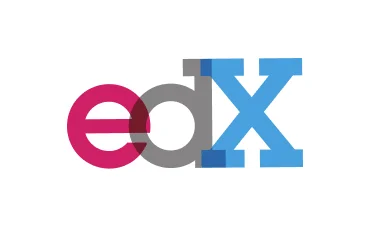When you enroll through our links, we may earn a small commission—at no extra cost to you. This helps keep our platform free and inspires us to add more value.

ISCEA: Supply Chain Management Tools and Techniques
Learn skills and tools that support supply chain operation, including Aggregate Planning, Sales Order Fulfillment, Lean, Sustainability and Team Dynamics - part of the ISCEA CSCA - Certified Supply Chain Analyst - Internationally Recognized Certificate

This Course Includes
 edx
edx 4.4 (21 reviews )
4.4 (21 reviews ) 4 weeks at 2-8 hours per week
4 weeks at 2-8 hours per week english
english Online - Self Paced
Online - Self Paced course
course ISCEA
ISCEA
About ISCEA: Supply Chain Management Tools and Techniques
This course is part of the edX Professional Certificate program Certified Supply Chain Analyst (CSCA), offered by ISCEA. This course prepares you for the ISCEA Certified Supply Chain Analyst (CSCA) Exam on edX and is a requirement for becoming ISCEA certified. To become an ISCEA Certified Supply Chain Analyst (CSCA), you must complete all three preparatory courses and successfully pass the CSCA Exam.
Supply chains are complex and keeping them both operating and improving is a great challenge. This course is designed to provide a broad set of tools currently used in the industry to make their supply chains efficient and competitive.
From the operations perspective, the course provides an introduction to Sales Order Fulfillment and Aggregate Planning, along with the planning strategies to produce what the market demands.
From the continuous improvement perspective, the course explains the importance of Lean and Six Sigma and sustainability in the supply chain; including life cycle analysis and environmental considerations. The course concludes with team dynamics, covering customer-supplier relationships and best practices for engaging with customers.
This course is part of the ISCEA CSCA - Certified Supply Chain Analyst - Internationally Recognized Certificate.
What You Will Learn?
- Aggregate planning within supply and operations planning.
- Sales order fulfillment in the context of logistics management.
- Lean and continuous improvement tools that can be used for supply chain optimization and quality management .
- The arguments required to introduce, in the decision making process, the concept of sustainability while maintaining a competitive advantage.
- The principles of customer relationship management, supplier relationship management and team dynamics in the context of supply chain management.